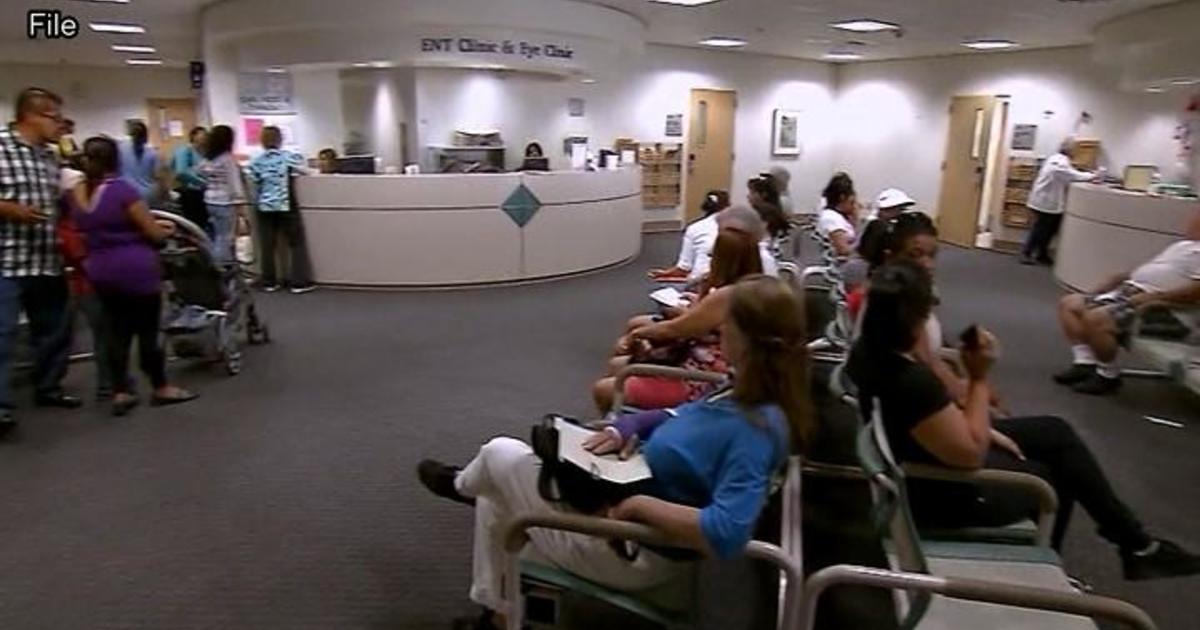Study: Sea Levels Rising On East Coast
BALTIMORE (WJZ) -- With big tropical storms, the higher the sea level, the higher the risk for storm surges and flooding. A new study out puts Maryland right in the middle of some of the fastest rising sea levels on the planet. Alex DeMetrick explains the big risk for our coastal communities.
The study by the US Geological Survey is calling it a "hot spot" for rising sea levels.
Ocean City doesn't sit very high above the Atlantic and that distance appears to be shrinking. Over the last half century, most of the world has seen a two-inch rise in sea level. According to the USGS, a 600 mile stretch of coastline is experiencing far more. Virginia is up to 4.8 inches. Off Pennsylvania, it's 3.7 inches and in New York, it's 2.8 inches.
The study, published Monday in the journal Nature Climate Change, said the Atlantic is rising at an annual rate three to four times faster than the global average since 1990.
"And that'll make a difference in storm surges and the effects of that on coastal communities," said Robert Shedlock.
Meaning more water pushing farther inland during storms. Why levels are higher is unclear. One theory is colder fresh water from melting Arctic ice is blocking the Gulf Stream.
"Water coming down from the North Atlantic may have slowed the Gulf Stream and is basically causing...the water along the shoreline to actually rise," Shedlock said.
It's not just the coast. The Chesapeake Bay is also rising. People who live here have watched it climb over the years.
"Probably 10 to 15. The water level's definitely up higher about every day," said Michael O'Hare.
"In the Chesapeake Bay, we actually have more of a sea level rise because the land itself is actually subsiding or shrinking a little bit," said Scott Phillips, USGS Bay Coordinator.
That's not good when storm surges like the one from Isabel push up the bay.
"After the storm surge, we probably had about eight feet of water in the basement," said Sue O'Hare.
And even though they know the water will likely rise higher...
"Maybe it'll happen after us and others will have to deal with it," Sue O'Hare said.
Experts say there is still time to build up coastal defenses or get out of the way. The highest levels are still decades away.
Projections now have sea levels rising by two to three feet worldwide, with the Atlantic hot spot climbing faster, by 2100.



